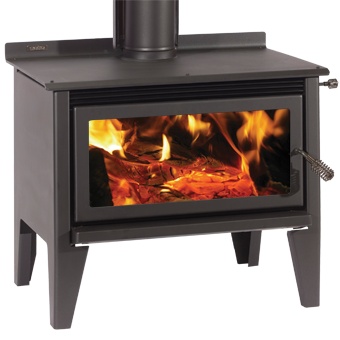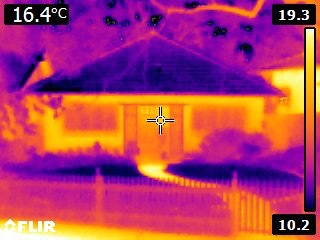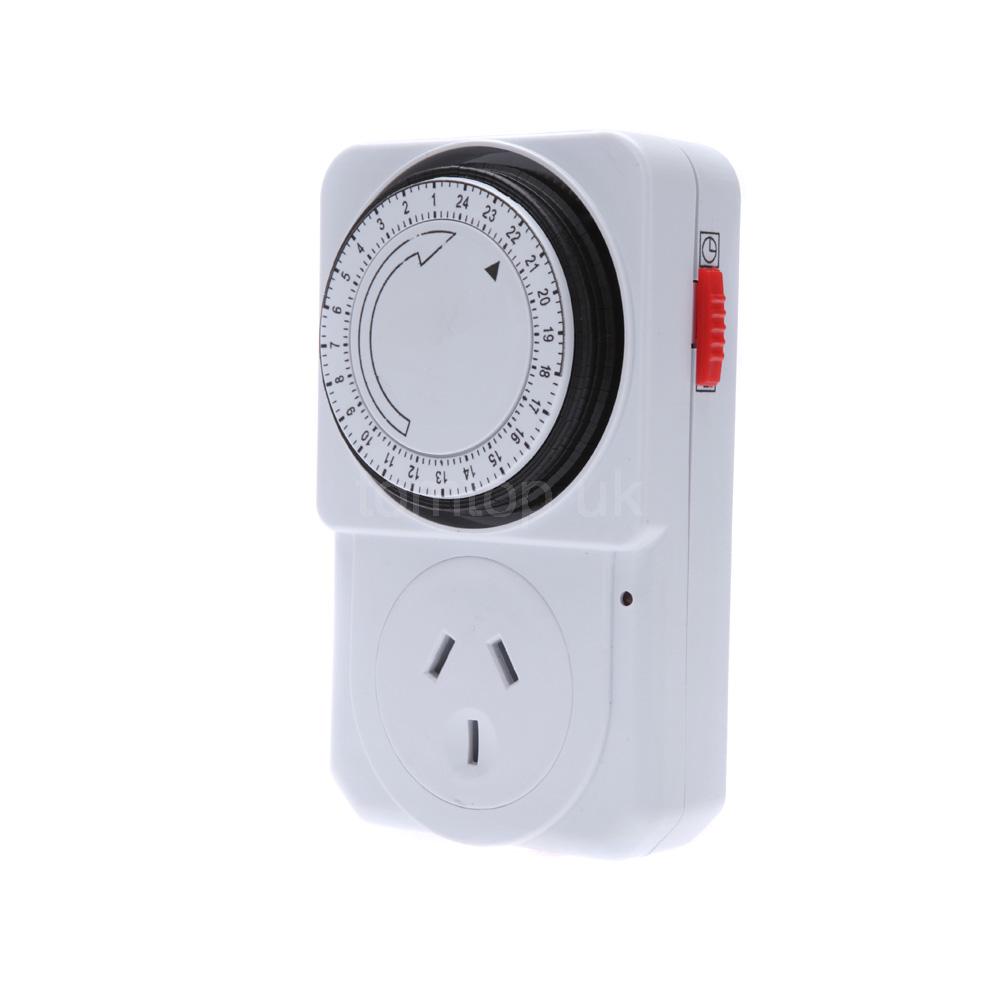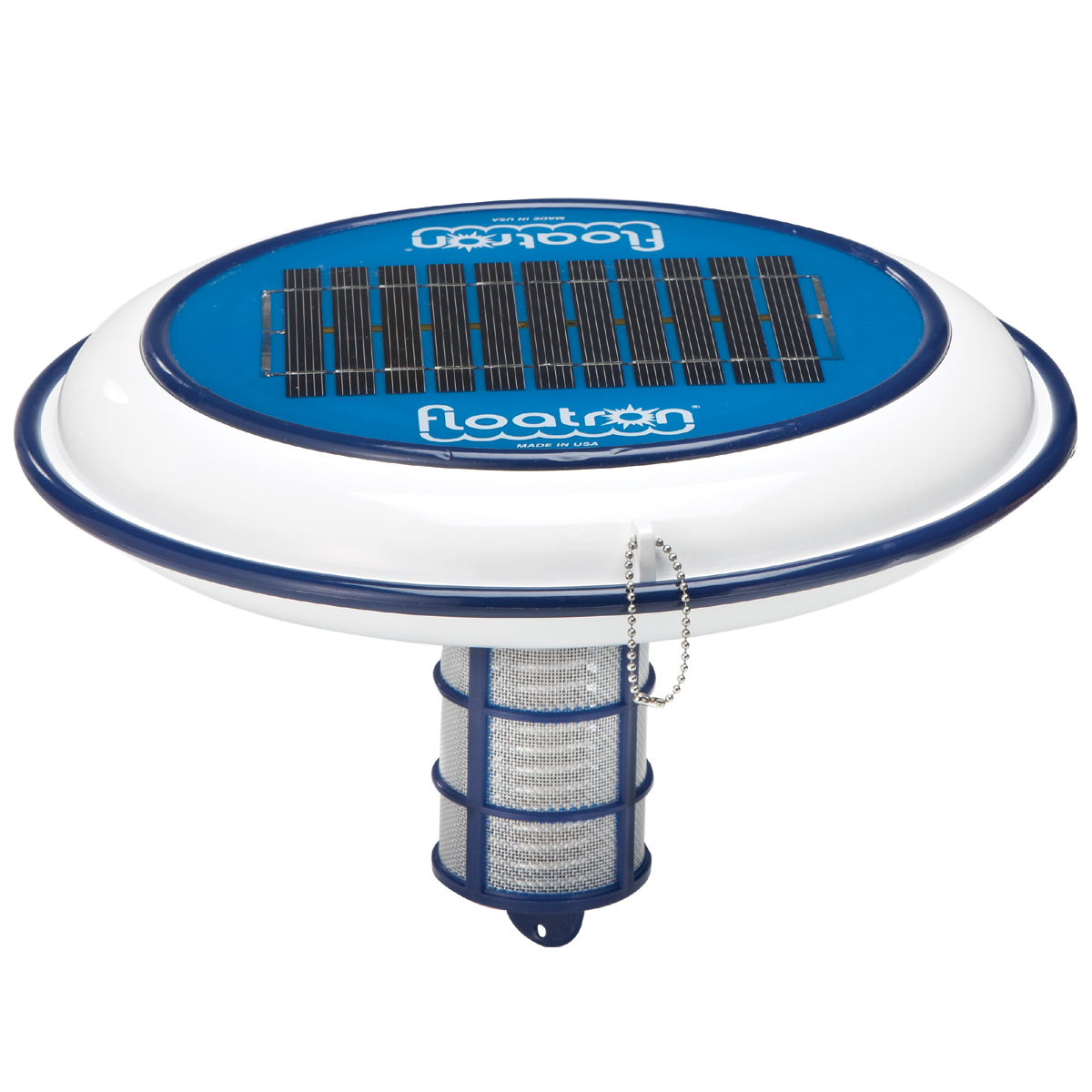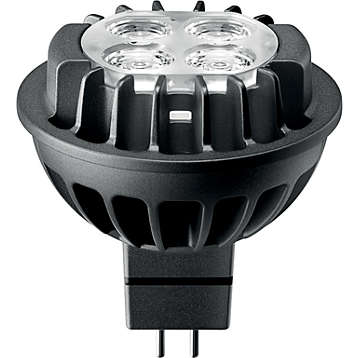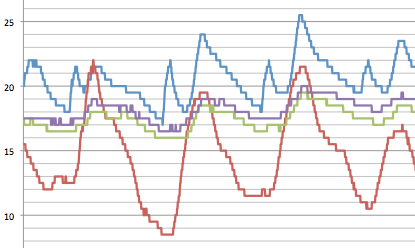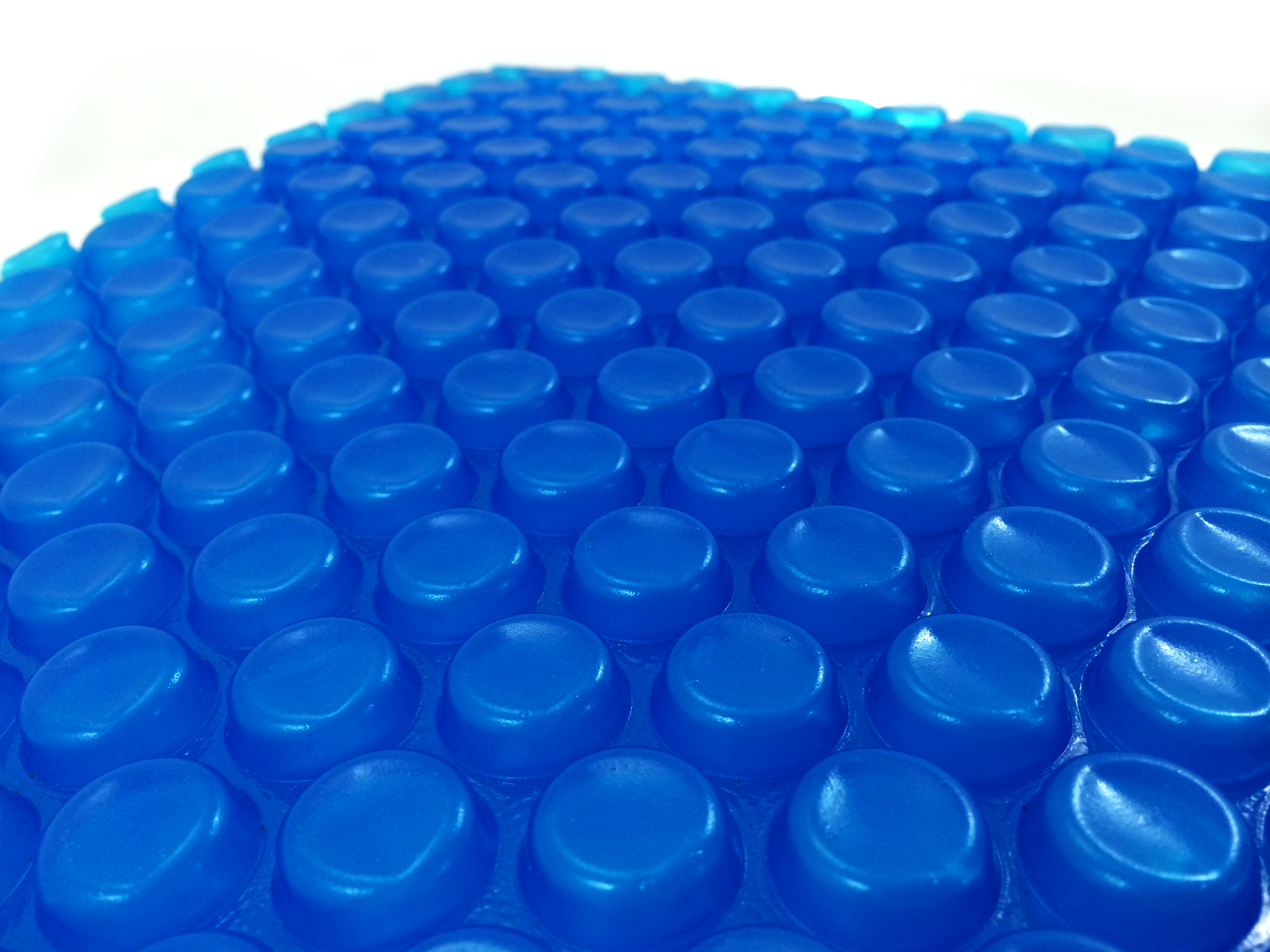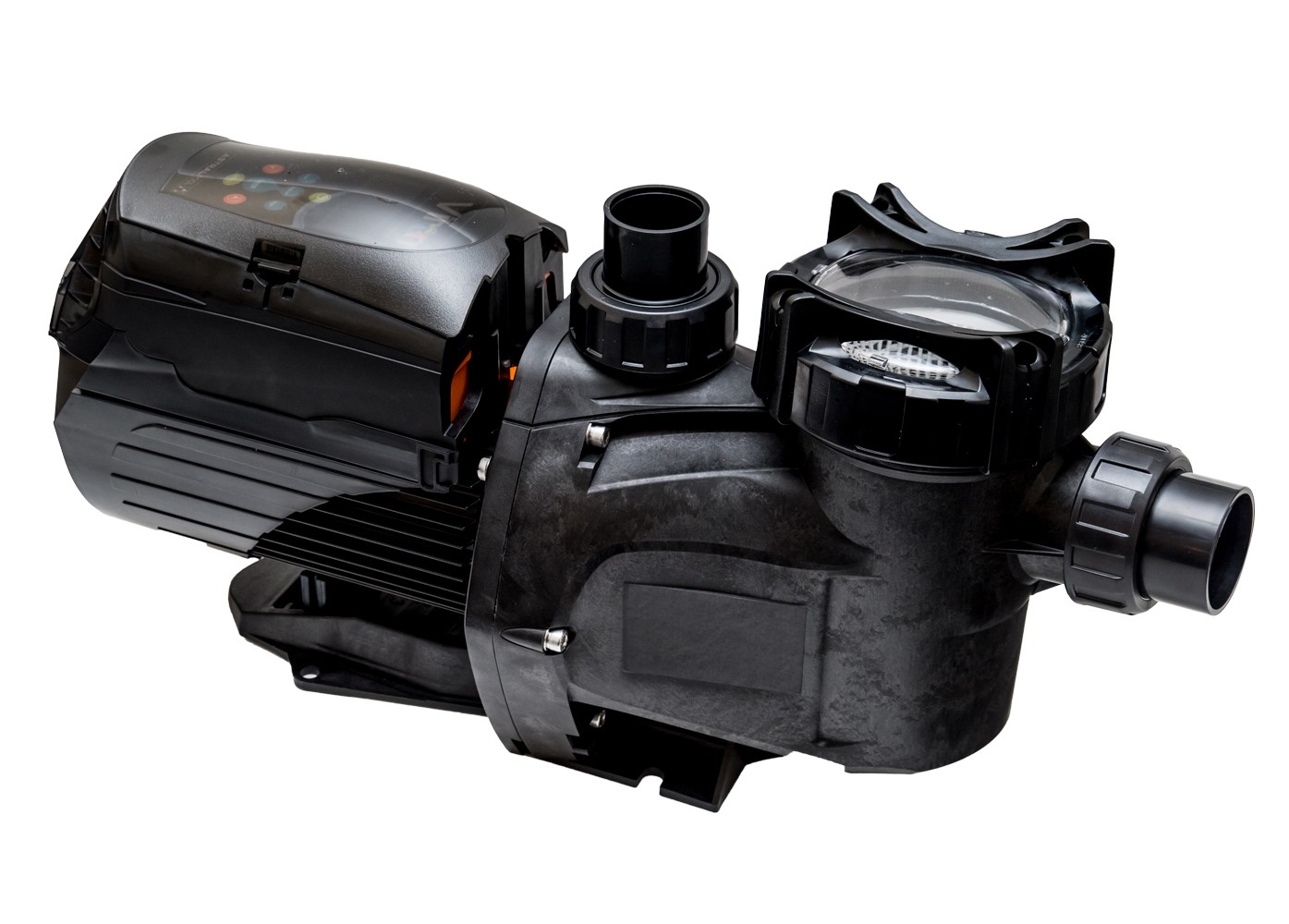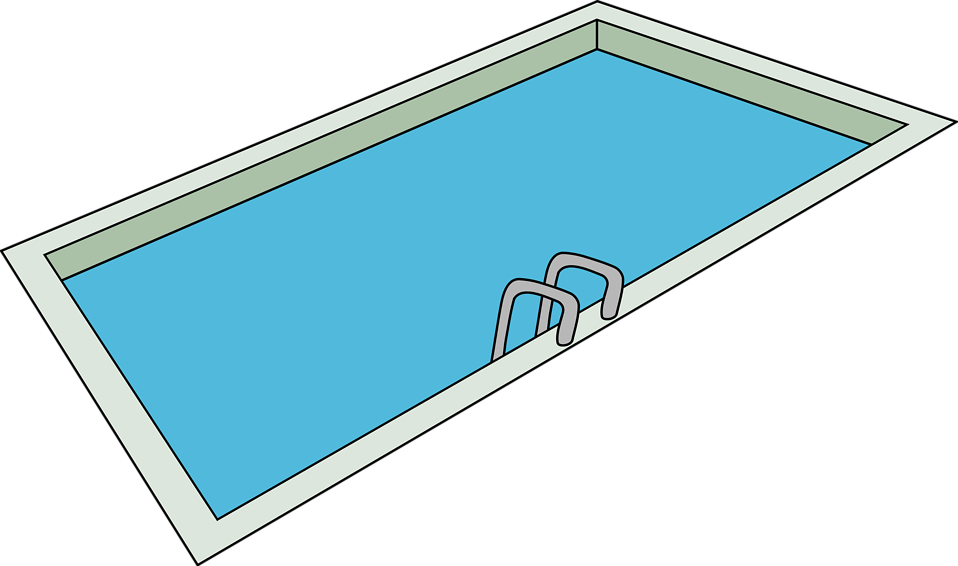Water is a precious resource which is largely taken for granted due in part to the very low cost of consumption. Drinking quality water is currently wasted on washing cars, watering gardens, flushing toilets. The water which is used is then flushed into our oceans where it carries the contaminants whichdegrade the underwater environment.
Posts filed in:Buildings
Radiators & Wetbacks
Heating from wood fires is considered to have one of the lowest levels of greenhouse gas emissions of any heating source provided that the wood which is burned has not needed to be transported long distances. This is often not possible in cities and the particle pollution associated with wood fires can also be a problem. In rural areas however wood fired heating is a good alternative to electricity and gas (which is usually only available in bottles).
Wood fired heaters can be made more efficient when combined with a wetback or water jacket which heats water which is then stored in a tank and reticulated through radiators or in-slab heating.
Wetbacks can also be configured to provide backup heating to solar hot water systems. Fires are most often used on cold overcast or cloudy days when the solar collectors are also of least use.
More information:
Energy Efficient Home Heating & Cooling
How many hours to run your swimming pool pump each day?
One of the most significant and easiest changes that can be made is the number of hours you run your pump for each day.
The most frequently used numbers seem to be:
- Winter – 4 hours/day
- Summer – 8 hours/day
- Make sure the total volume of water is circulated 1-2 times per day
Water Ionisers – Floatron
Floatron‘s seem to be a well hidden secret in Australia. It’s a floating device that purifies the water through a process of ionisation.
Lighting Overview
Home Temperature Monitoring
Pool covers
Pool covers are now mandatory in many cities around Australia. They provide numerous benefits:
Variable Speed Pool pumps
Historically most pool pumps have been single speed units rated at between 500w and 2kW. A number of variable speed pumps are now available which significantly reduce electricity consumption.
Swimming Pool Energy Efficiency
A pool can often be the single largest consumer of electricity if it’s not optimised. With some simple changes covered in this post the cost be reduced by 70%.

![By Anita Martinz from Klagenfurt, Austria [CC BY 2.0 (http://creativecommons.org/licenses/by/2.0)], via Wikimedia Commons](http://grenum.com/wp-content/uploads/2011/03/640px-Brass_water_tap.jpg)

